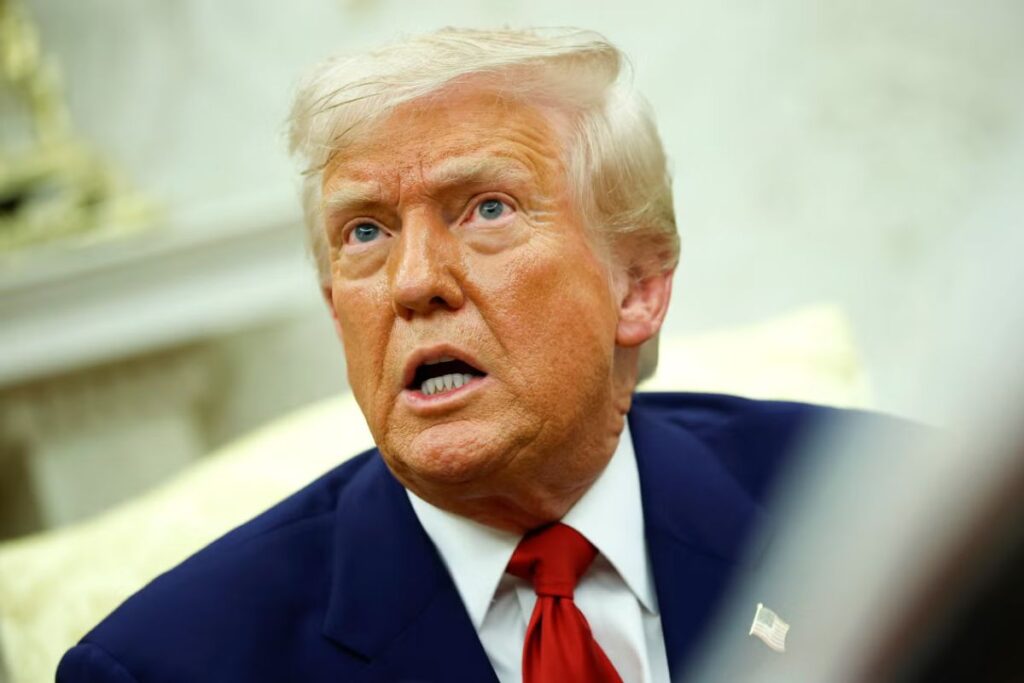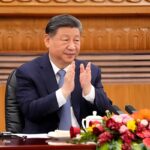After Trump tariffs, Half of Britons less likely to Purchase US Goods in line with Public Support of ‘Buy British’ Campaigns

Recent changes in world commerce have had a major impact on British political debate and consumer behaviour. The United States’ tariffs on UK goods have caused a clear change in a reaction that results in more support of domestic buying programs.
Consumer Response to US Tariffs

According to a recent Savanta poll commissioned by the Liberal Democrats, almost half of British people are now less likely to buy American goods after President Donald Trump’s tariff policies were put into effect. Those over 65 especially show this attitude; 81% of them favor a ‘Buy British’ campaign. On the other hand, just 13% of the whole population is against such a movement.
Government View on ‘Buy British’ Projects
The UK government has voiced doubts on supporting a “Buy British” campaign notwithstanding public support. Emphasizing the possible negative effects of growing trade restrictions, Chancellor Rachel Reeves advised against using an “inward-looking” strategy. “Ratcheting up barriers to trade, ratchets in tariffs will not be in our country’s interests,” she said.
The spokesman for Prime Minister Sir Keir Starmer reflected this point of view, stressing that such projects would go against World Trade Organization rules and contradict the UK’s reputation as an open trading country.
By contrast, the Liberal Democrats are pushing for the government to support a “Buy British” campaign. Declaring, “We are not prepared to simply cower in the corner while Donald Trump takes a wrecking ball to people’s jobs and living standards,” Treasury spokesman Daisy Cooper underlined the need to help local firms and sent a collective message to the White House. To support homegrown businesses, the party also suggests changes to company rates and elimination of the jobs tax.
Economic Consequences and Market Responses
US tariffs’ application has caused worldwide market instability. Chancellor Reeves answered these questions, underlining continuous discussions for a new UK-US trade agreement and thereby confirming the robustness of the UK banking sector. She underlined once more that “a trade war benefits no one” and underlined initiatives to participate in more general worldwide talks with allies such as the European Union, Australia, and Canada.
Growing popular support for local buying points to a larger wish to safeguard British businesses and employment amid difficulties in global commerce. The government is still dedicated to keeping an open trading posture, but the growing support for “Buy British” projects emphasizes the importance of measures that strike a balance between world trade partnerships and home economic interests.
It is still to be seen how these dynamics might affect next trade discussions and economic policies as the situation develops. Navigating the complexity of the present global economic scene will depend mostly on the government’s approach to balancing foreign trade commitments with local economic assistance.






